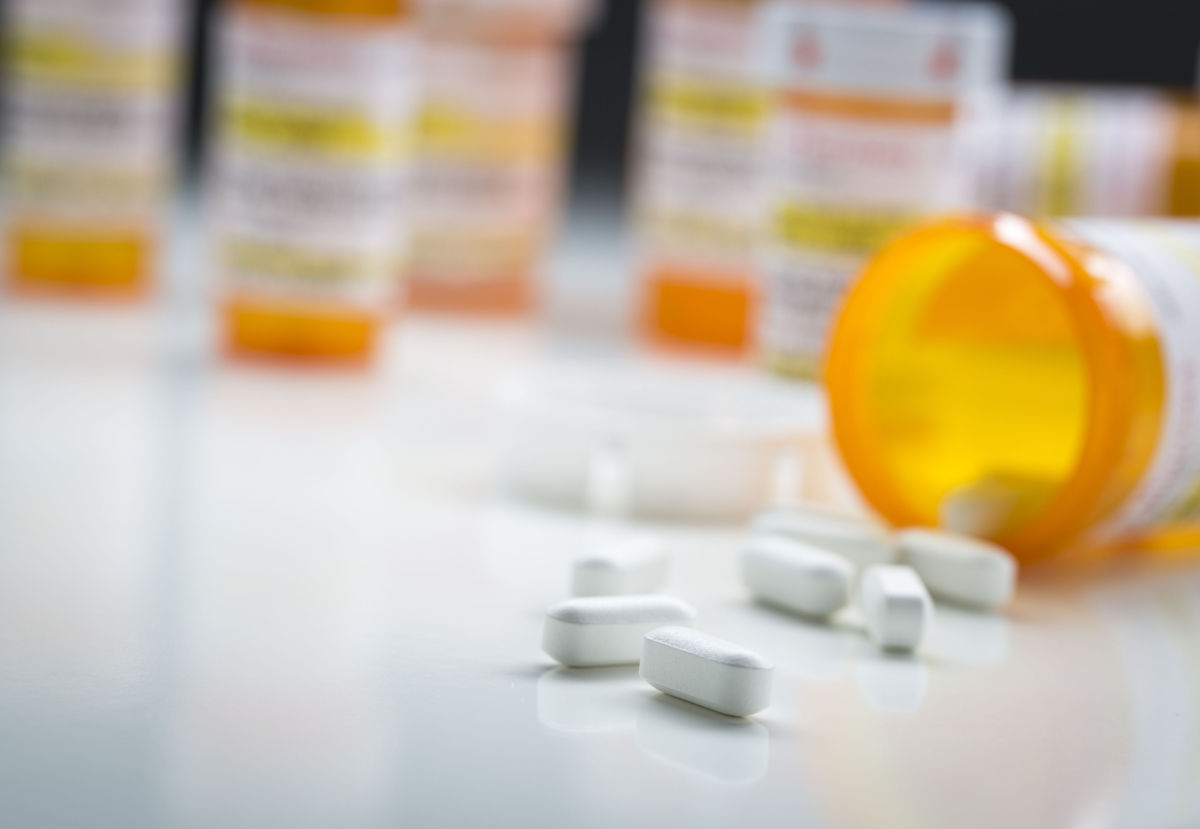Imagine having your depression or bipolar disorder treated but developing other serious—if not worse—problems in the process. That sounds like an awful trade-off, doesn’t it? Who would agree to a deal like that? Unfortunately, there are many people who have had the misfortune of experiencing this exchange. But why? What in the world would cause this sort of problem?
Sadly, that’s exactly what Abilify is doing.
The Food and Drug Administration (FDA) reported in 2015 that 1.6 million Americans used Abilify or any other related aripiprazole drug. It’s caused a lot of trouble for those it’s been prescribed to, including problematic gambling behaviors that have had a serious negative influence on their lives.
But how can a pharmaceutical drug encourage problematic gambling behaviors? And what other issues is Abilify causing, and for what reason? The drug has been a source of misery for many who have taken it, and not just because of their unexpected gambling problems. For more information on the connection between Abilify and compulsive gambling, here’s a look at how the drug affects the brain and the other dangers of taking Abilify.
What Is the Most Common Side Effect of Abilify?
Abilify was marketed by Bristol-Myers Squibb and manufactured by Otsuka Pharmaceutical Co. Because of its advertised benefits, it became the top-selling drug in the United States back in 2013, reaching over $6.4 billion in sales and entering the hands of millions of people. The antipsychotic drug is meant to help out with depression and bipolar disorders, but lawsuits nationwide are placing blame on its compulsive behavior effects, especially pertaining to gambling.
During their announcement, the FDA reported that pathological gambling was the most common danger of taking Abilify. But how are Abilify and compulsive gambling connected? It has to do with the brain and impulse control. Abilify, like many similar drugs, affects the brain’s pleasure craving dopamine receptors, resulting in increased gambling urges. JAMA Internal Medicine found that pathological gambling was the most common impulse control behavior, with 11.8% reporting gambling behavior and 39.7% mentioning pathological gambling. In summary, Abilify promotes problematic gambling in those who take it by altering their brain.
The Other Side Effects of Abilify
As the brain’s dopamine receptors influence many other aspects of human thought processing, the dangers of taking Abilify extend far beyond compulsive gambling behaviors. Some of the other side effects include overeating and binge shopping, which both cause patients to lose even more money on top of what they might lose from problematic gambling behaviors.
Another side effect of Abilify is hypersexuality—although it is not nearly as common as problematic gambling behavior. Numerous individuals have reported an addiction to sending sexual photographs through text messages, and their desire to do so faded after they stopped taking the drug.
While Abilify was designed to treat bipolar disorders and other mental health concerns, it also has the unintended side effect of increasing the risk of suicidal thoughts—or worsening them. In a nutshell, Abilify and compulsive gambling behavior have the most connections, but it still has the potential to cause many other problematic issues.
What Experts Say About the Side Effects of Abilify
As more studies and research on the dangers of Abilify and compulsive gambling, among other side effects, professionals and The FDA issued a safety warning and announced the following in May of 2016:
“Compulsive or uncontrollable urges to gamble, binge eat, shop, and have sex have been reported with the use of the ant-psychotic drug aripiprazole (Abilify, Abilify Maintena, Aristada, and generics). These uncontrollable urges were reported to have stopped when the medicine was discontinued, or the dose was reduced. These impulse-control problems are rare, but they may result in harm to the patient and others if not recognized.”
Thomas J. Moore, a senior scientist at the Institute for Safe Medication Practices, has studied over 1,580 cases during the last decade that have included several impulsive behaviors. He explained some of his findings to The Daily Beast last November.
“The drug triggers a pathological urge to gamble constantly,” he said.
Gary Wilson is a Minneapolis-based attorney with Abilify clients nationwide, and he pointed out in an AOL article about the drug that Europe issued compulsive behavior warnings about Abilify in 2012, four years before American patients knew about it.
“If it ruins your life, that’s a pretty bad side effect,” he said.
Lawsuits covering Abilify have found that the makers of the drug failed to offer adequate warning of the side effects, resulting in dangerous gambling behaviors and other life-altering outcomes for thousands of people. As a result, the manufacturers have faced countless charges over the years for all the damage it has caused—one year, it paid $515 million to settle federal charges pertaining to off-label uses.
Struggling With Abilify and Compulsive Gambling? Call 800-GAMBLER Today.
If you’re one of the patients who take Abilify and are noticing you’re gambling more in Atlantic City or off-track wagering at Favorites, you might need some counseling. The Council on Compulsive Gambling of New Jersey (CCGNJ) is here to help with problematic off-track wagering in Hillborough and other disordered gambling behaviors in New Jersey. If you’d like more information, call our 24/7 hotline, 1-800-GAMBLER, or contact us online today.



